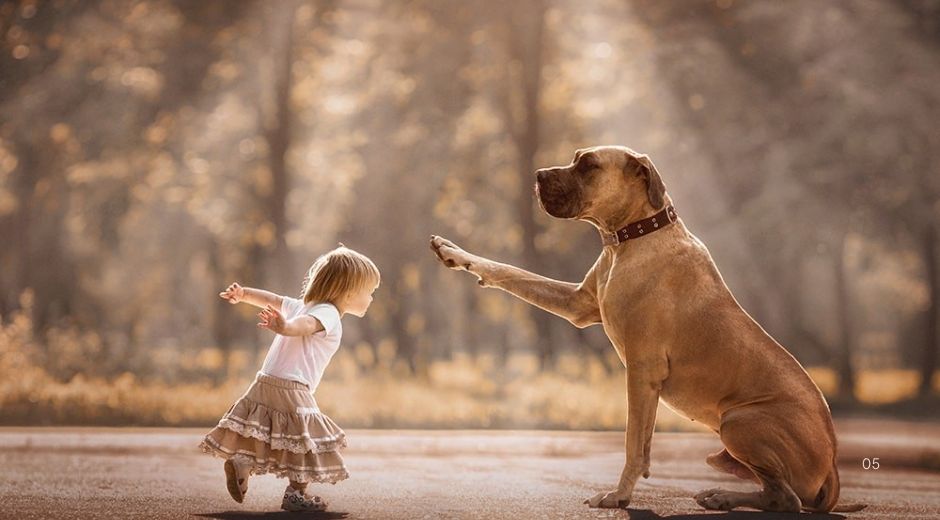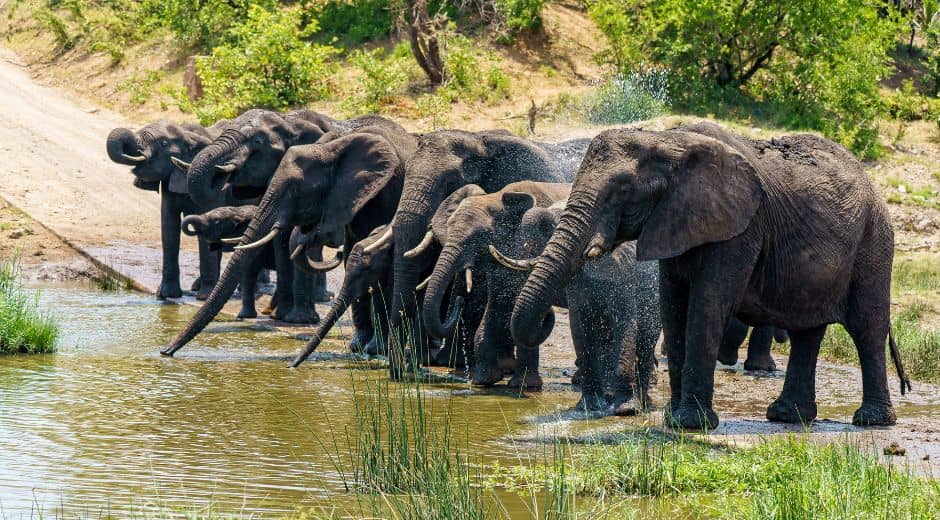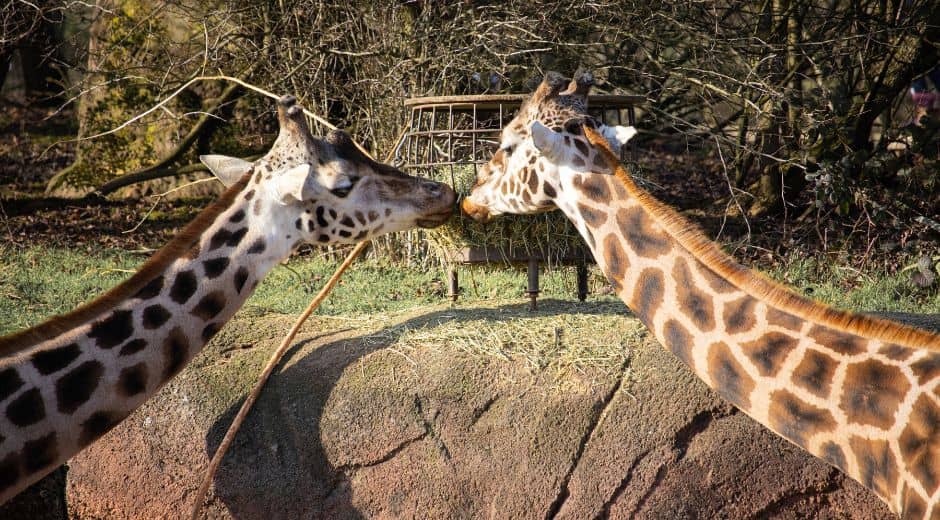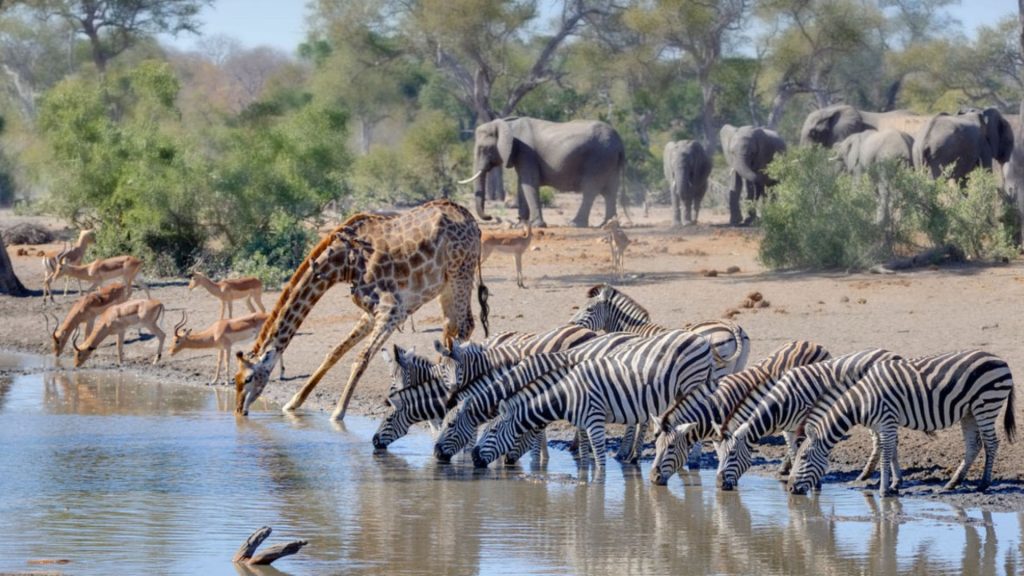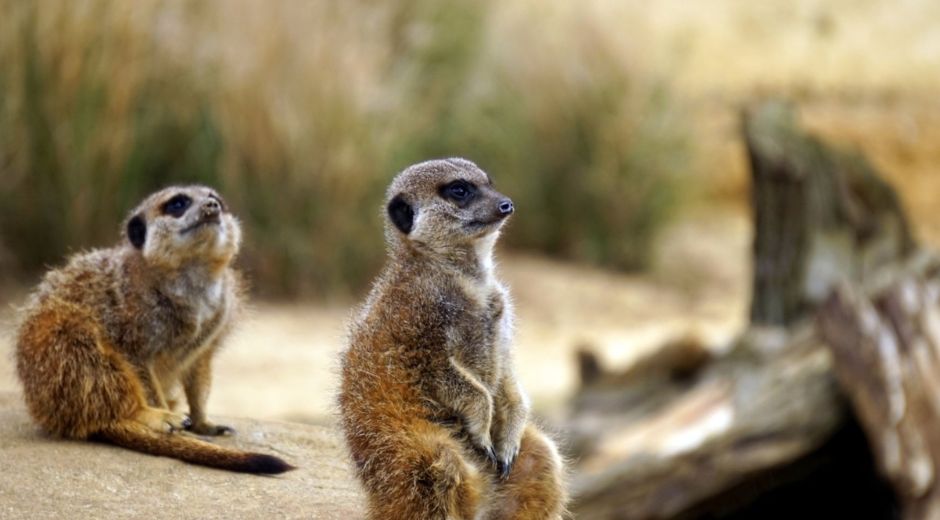Companionship and the Healing Bond Between Humans & Pets
Companionship is one of the most profound gifts animals offer to humanity. From loyal dogs that greet us with excitement every morning to gentle cats that purr softly beside us, pets have the power to transform daily life. Their unconditional affection, presence, and energy provide comfort, stability, and happiness that no technology or medicine can replicate.
Understanding the Meaning of Companionship
The word companionship refers to a close, trusting relationship built on mutual affection and presence. For thousands of years, humans and animals have shared this special bond. What began as survival cooperation evolved into deep emotional connection. Today, pets are considered family members in millions of homes around the world.
Scientific studies confirm that spending time with pets releases oxytocin—the hormone of love and bonding—both in humans and animals. This biological reaction strengthens the emotional link, making companionship a natural therapy for loneliness, stress, and even trauma.
Emotional Benefits of Pets
Pets provide emotional stability that many people struggle to find elsewhere. Dogs, cats, and even smaller animals like rabbits or birds can sense human moods. They respond to sadness with comfort, to joy with excitement, and to silence with quiet presence. This sensitivity makes them exceptional emotional companions.
For elderly people or those living alone, companionship reduces the feeling of isolation. A simple daily routine—feeding a pet, walking it, or playing together—creates structure and meaning in life. In many cases, pets even motivate their owners to stay active and social.
Companionship and Mental Health
The connection between mental health and companionship has been the focus of numerous studies. According to Psychology Today, pet owners experience lower rates of depression and anxiety compared to those without pets. Interaction with animals lowers cortisol levels, reduces blood pressure, and promotes relaxation.
Therapy animals are used worldwide to assist patients with PTSD, autism, and other emotional conditions. Dogs trained for emotional support offer safety, routine, and reassurance—helping individuals manage symptoms through constant presence and empathy.
Children and the Bond with Pets
For children, growing up with a pet teaches empathy, patience, and responsibility. Taking care of another being develops emotional intelligence and respect for life. Kids who bond with pets often display stronger social skills and greater compassion toward others.
Pets also help children express feelings that might be difficult to share with adults. A child can talk freely to their dog or cat without fear of judgment, which builds confidence and emotional awareness from a young age.
The Physical Benefits of Companionship
Beyond emotional healing, companionship improves physical well-being. Dog owners, for instance, walk significantly more than non-owners, leading to better cardiovascular health. Pet interactions also boost immunity and can even shorten recovery time after illness or surgery.
This is because spending time with animals triggers relaxation responses in the body, lowering stress-induced inflammation and promoting healing. Simply stroking a cat or watching fish swim in an aquarium can reduce tension after a long day.
Companionship Beyond Dogs and Cats
While dogs and cats dominate most discussions, many other animals provide unique forms of companionship. Horses, for example, offer a deep emotional mirror through equine-assisted therapy, used for veterans and trauma survivors. Birds bond with their caretakers through communication and mimicry. Even reptiles and small mammals bring comfort to those who appreciate quiet, observant companionship.
Each species connects with humans differently, reminding us that emotional bonds aren’t limited by form or size.
The Role of Pets During Difficult Times
During moments of grief, illness, or change, companionship becomes essential. Pets stay close when people feel most alone, offering silent understanding and loyalty. This unwavering presence provides comfort that no words can match.
During the COVID-19 pandemic, millions of people adopted animals for this very reason. Pets became emotional anchors, offering a sense of stability and routine when the world outside was uncertain. Shelters reported higher adoption rates, proving that the need for companionship is universal.
Companionship as Mutual Healing
What makes the relationship between humans and animals so extraordinary is that the healing works both ways. When people care for pets with love, they provide safety, food, and affection—but they also receive joy, laughter, and a sense of purpose. Animals feel calmer and more secure in loving homes, and in return, humans experience emotional growth and healing.
At Zoopora, we believe companionship defines the essence of coexistence between humans and animals. Each shared moment—every walk, cuddle, or quiet evening—strengthens this silent partnership that has lasted for millennia.
If you’re looking to learn more about animal care or adoption programs, beautyupnest— my team will update that daily with trusted external sources related to pet welfare.
Building Responsible Companionship
True companionship goes beyond affection. It requires understanding the animal’s needs, providing proper nutrition, medical care, and enrichment. Neglect or ignorance can turn love into harm, so education is key to maintaining a healthy bond.
Responsible ownership also includes choosing the right pet for one’s lifestyle. Active people may find joy in dogs that need daily walks, while others might connect better with calmer animals like cats or turtles. The right match ensures mutual happiness and balance.
A Lifelong Connection
Every pet brings a story—a set of moments filled with laughter, growth, and sometimes tears. Losing a pet can feel like losing a family member, which shows how strong the power of companionship truly is. These relationships transcend words and time, staying with us as lasting memories that shape who we are.
The love between humans and animals reflects the purest form of loyalty and trust. Through companionship, both species remind each other what it means to care deeply and live fully.
Conclusion
Companionship is not just a relationship—it’s a bridge between worlds. It teaches empathy, patience, and unconditional love. Whether through wagging tails, purring hearts, or gentle feathers, animals remind us of our shared humanity.
As science continues to explore the mental and emotional benefits of living with pets, one truth remains timeless: companionship heals, connects, and enriches life in ways words can barely capture. In every home touched by animals, there exists a quiet magic—the simple, beautiful power of being together.
Wildlife Behavior Curiosity
Camouflage in Nature, How Animals Disappear in Plain Sight
Camouflage in Nature, How Animals Disappear in Plain Sight

Territory and Animal Behavior, How Species Claim Their Space
Explore how animals establish and defend territory, why space matters for survival, and how territorial behavior shapes ecosystems.

Wilderness and the Human Spirit, Finding Balance in Nature
Explore how the wilderness awakens creativity, calm, and self-discovery, guiding people back to balance in an increasingly digital world.
